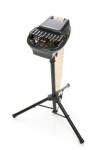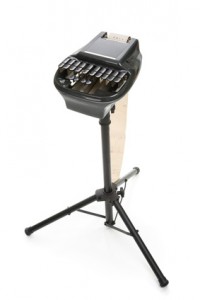
Howell v. Arkansas Dept. of Human Service, 2018 Ark. App. 117, 545 S.W.3d 218 (2018).
Background
- Dependency-neglect proceedings were brought against mother after she was charged with multiple offenses.
- Department of Human Services filed termination of parental rights petition.
- At hearing, parent’s attorney appeared and argued for a continuance so he could communicate with his client. He also argued that he never received service.
- Applicable statute required service under Ark. R. Civ. P. 5, if parent had already been served under Rule 4 (as in this case).
- DHS argued that it had served attorney with notice of the hearing via email.
- Attorney said he could not find that he ever received the allegedly sent notice.
- Trial court did not grant the requested continuance.
Issue
Was DHS required to establish that the email had been received by the attorney or just that it was sent to the attorney?
Ark. R. Civ. P. 5(b)(2)
“… When service is permitted upon an attorney, such service may be effected by electronic transmission, including e-mail, provided that the attorney being served has facilities within his or her office to receive and reproduce verbatim electronic transmissions. Service is complete upon transmission but is not effective if it does not reach the person to be served.”
Continue reading ACOA: When Serving Attorney via Email, Burden to Establish Receipt Is on Server








